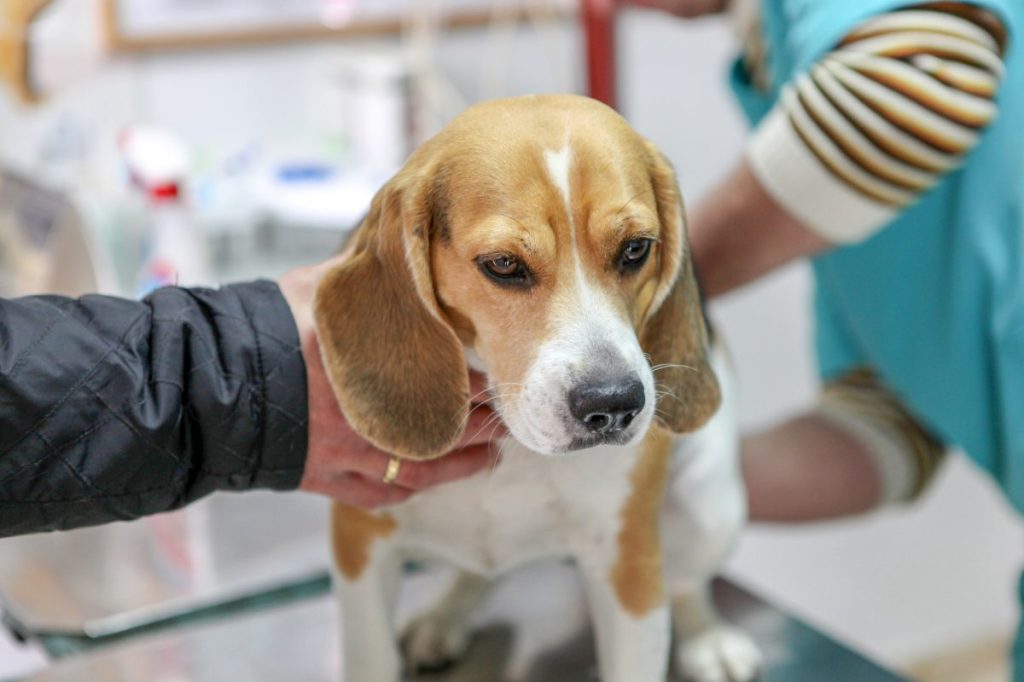Three cases of Brucellosis, caused by Brucella canis, have surfaced in the United Kingdom, marking a rare occurrence in humans. Previously confined to imported dogs, this infection has expanded to local canines since 2020, per Newsweek.
In 2022, Wendy Hayes, residing in Stoke-on-Trent, was reportedly the first person diagnosed with the infection in the…









